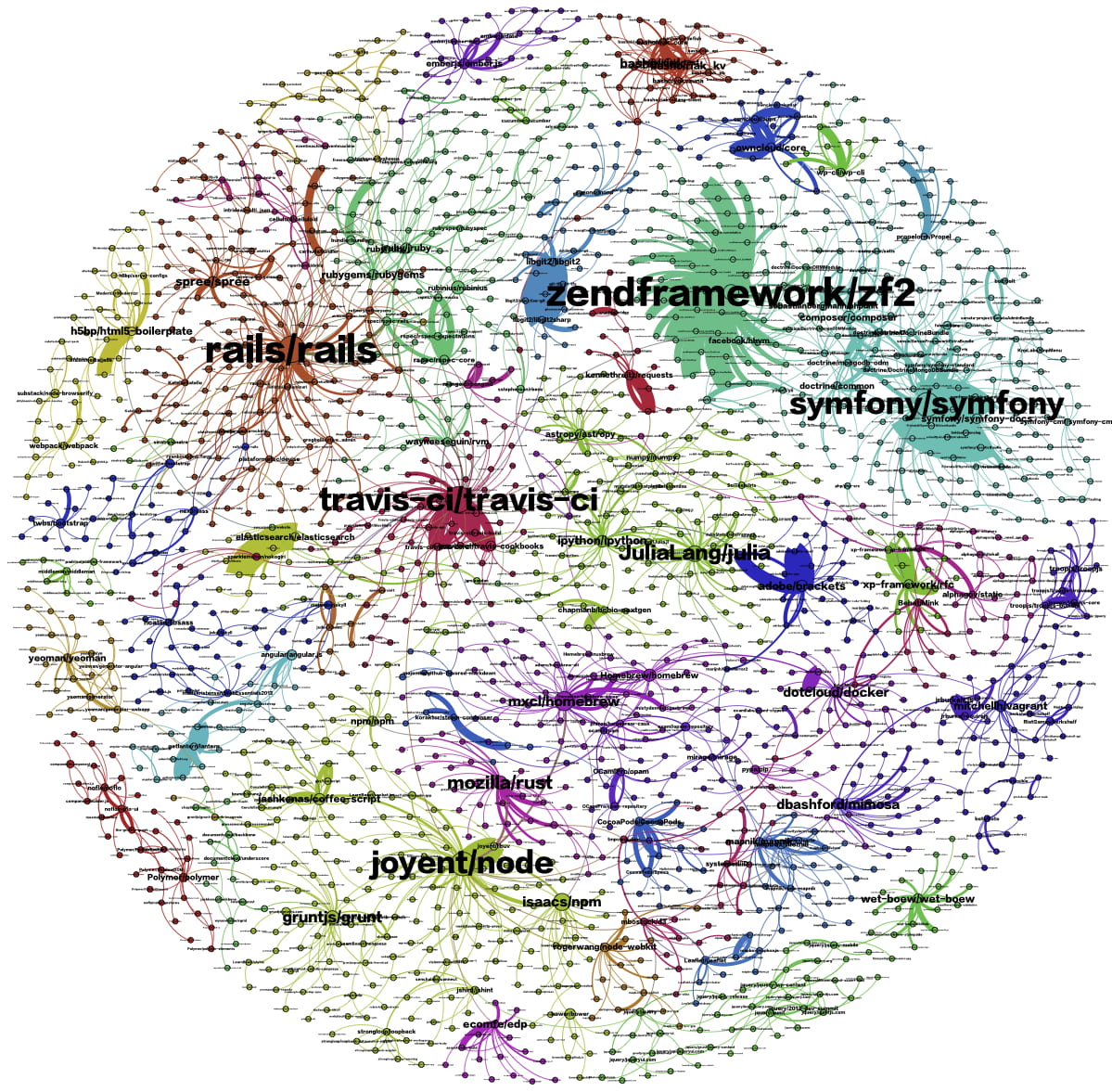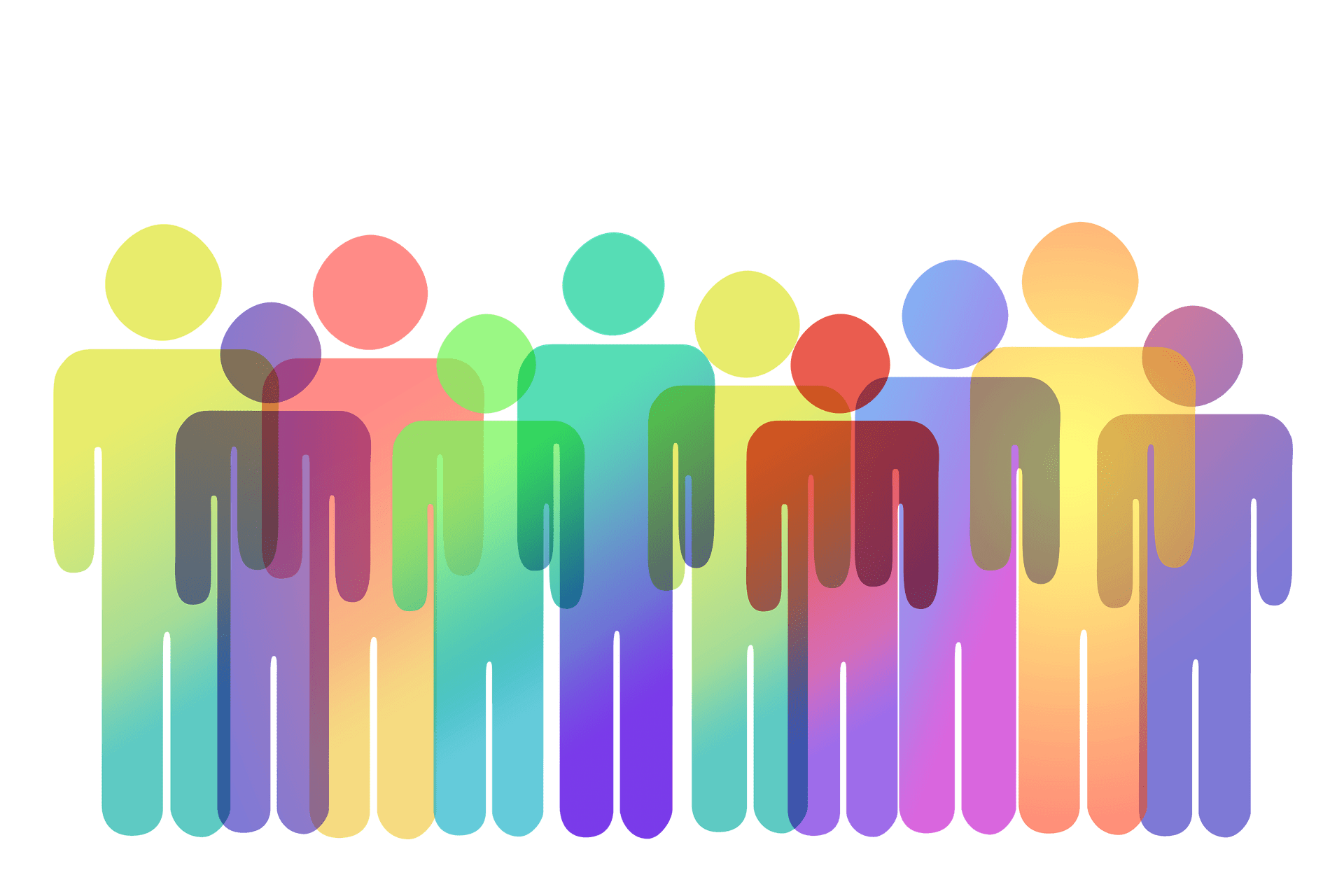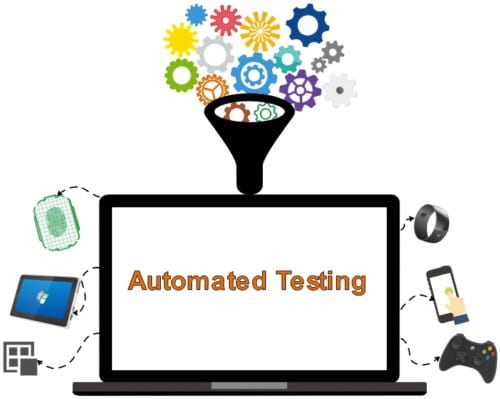Projects

Automated Updates of Software Dependencies

Software Developer Diversity and Inclusion

Automated Software Requirement Analytics

Deep Learning-based Automated Software Test Oracles
Test oracle is a mechanism to determine whether an application is executed correctly. It is a reliable source of how the SUT (Software Under Test) must operate. It is also expected to provide correct results for any inputs that are specified by the software specifications, and a comparator to verify the actual behaviour. Automated test oracles are helpful in providing an adequate automated testing framework.
After test cases are executed and results of the testing are generated, it is necessary to decide whether the results are valid in order to determine the correctness of the software behaviour. To verify the behaviour of the SUT, correct results are compared with the results generated by the software. The results produced by the SUT that need to be verified are called actual outputs, and the correct results that are used to evaluate actual outputs are called expected outputs. Test oracles are used as a reliable source of how the SUT must behave and a tool to verify actual outputs correctness. Usually, the verifier makes a comparison between actual and expected outputs.
Deep Learning (DL) is an umbrella term used for a collection on advanced machine learning algorithms capable of learning complex patterns from big data. In this project we would like to explore how DL based supervised, unsupervised, or reinforcement learning algorithms can be used to facilitate the design and implementation of complex software test oracles to help reduce the difficulties and complexities of testing difficult-to-test software systems.